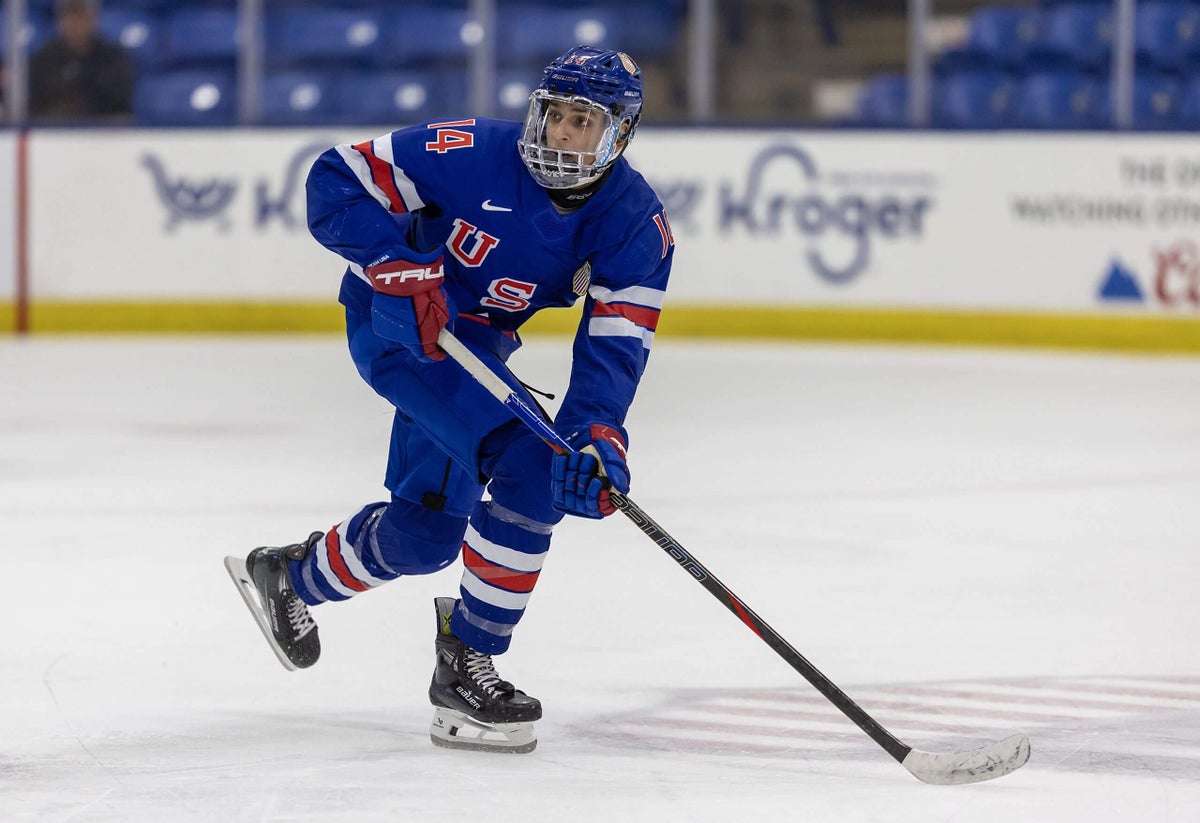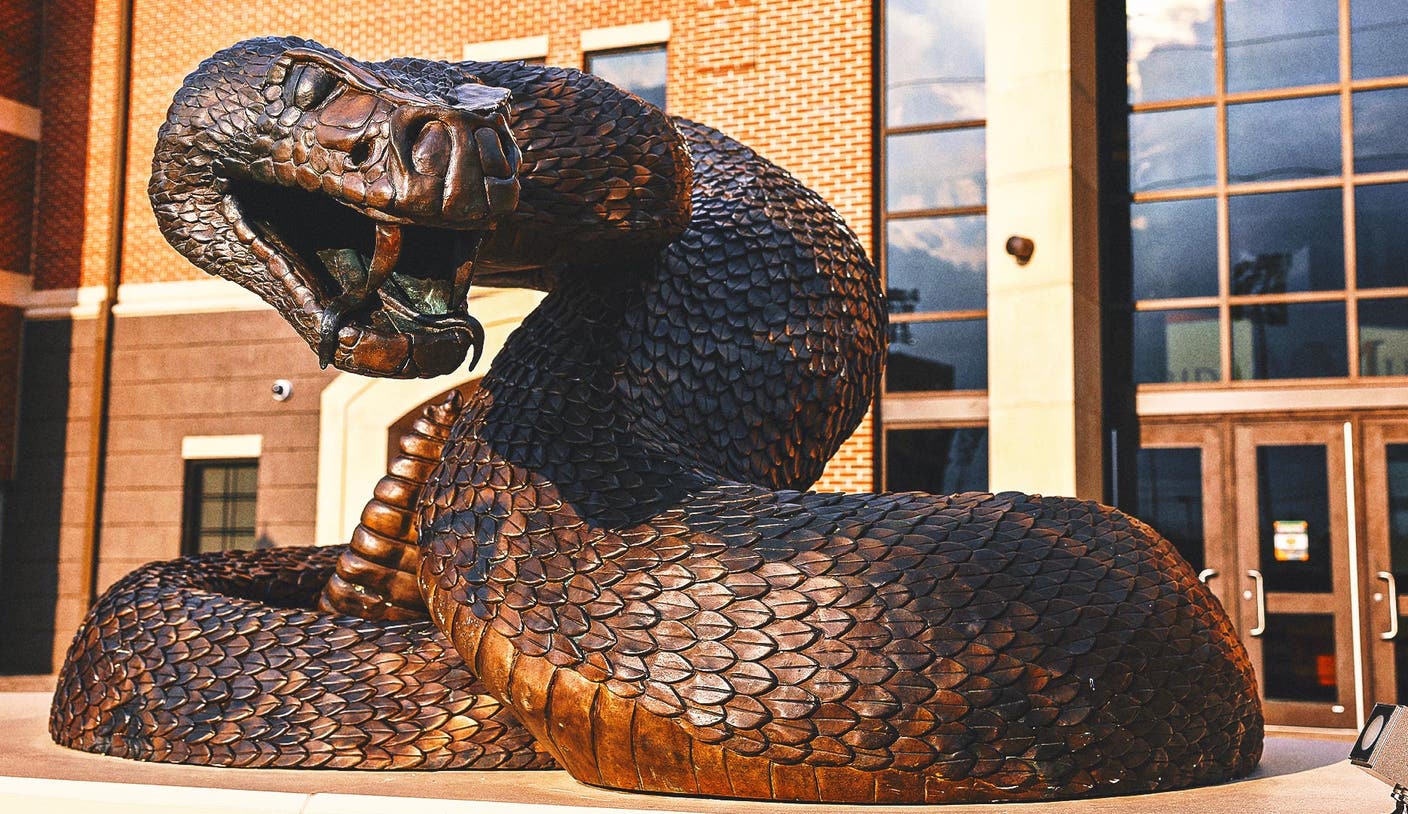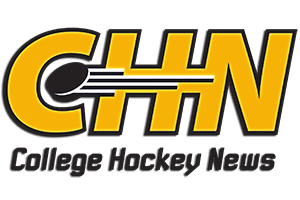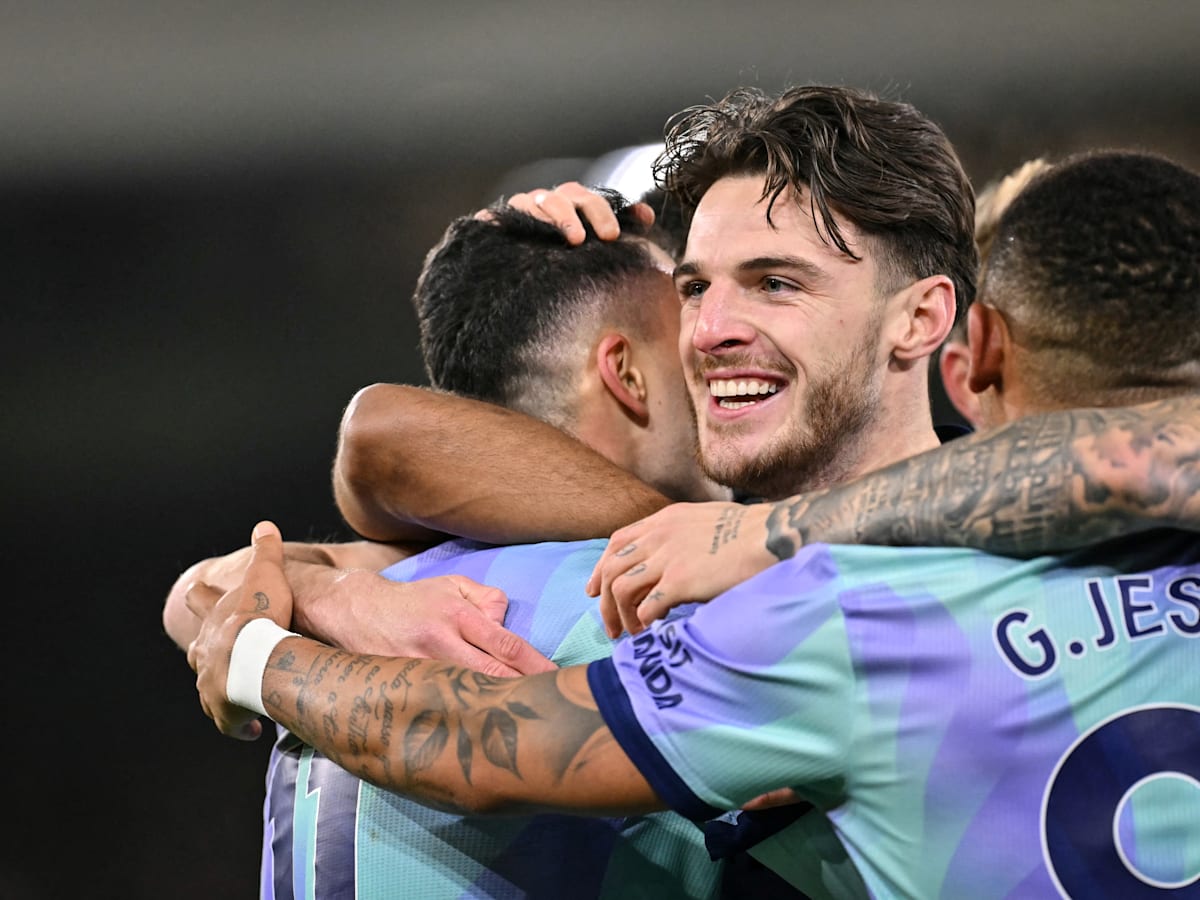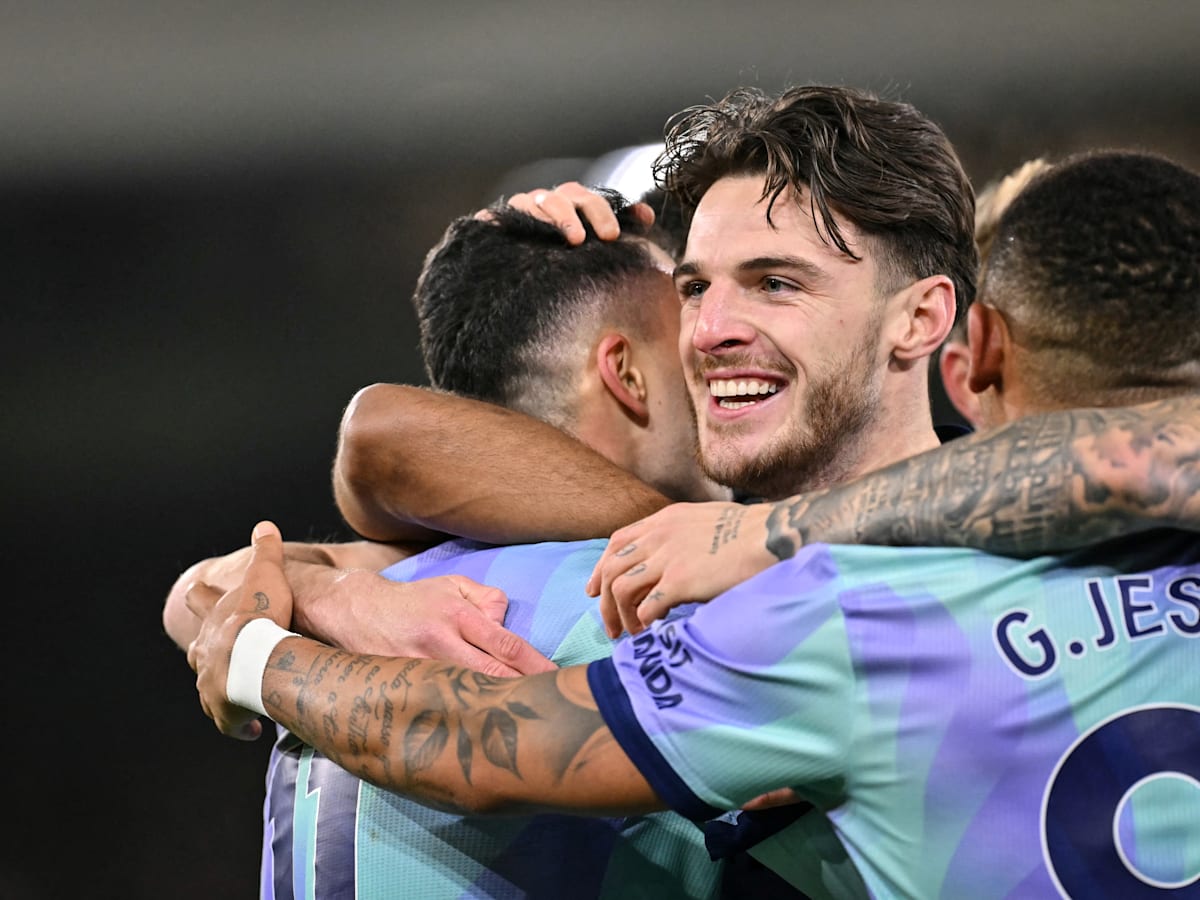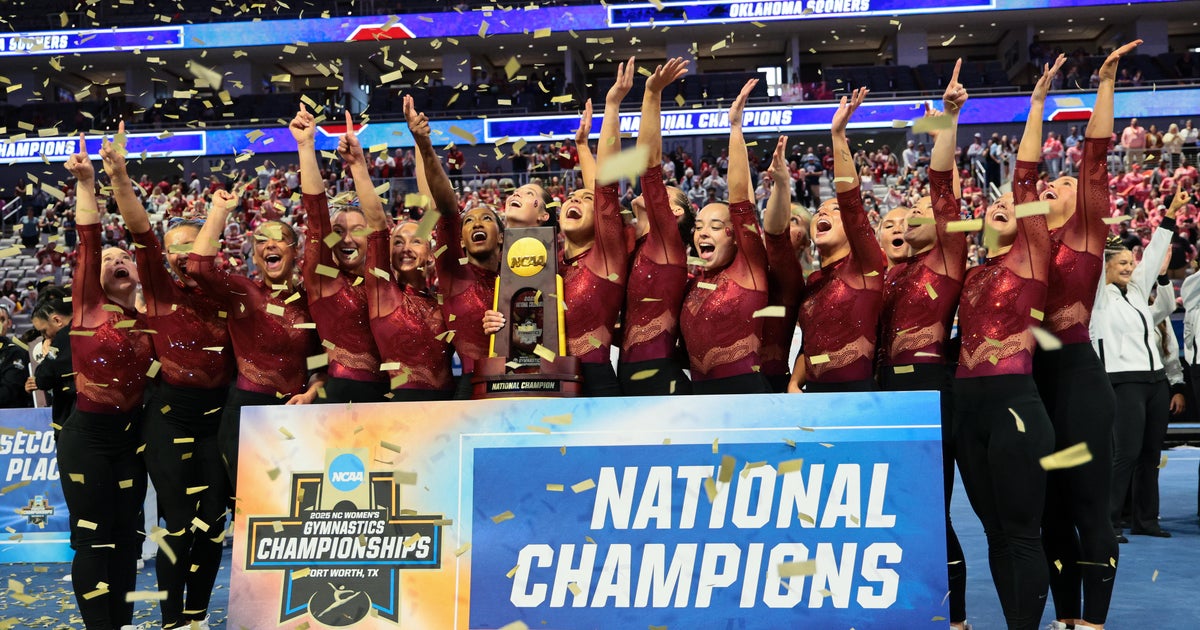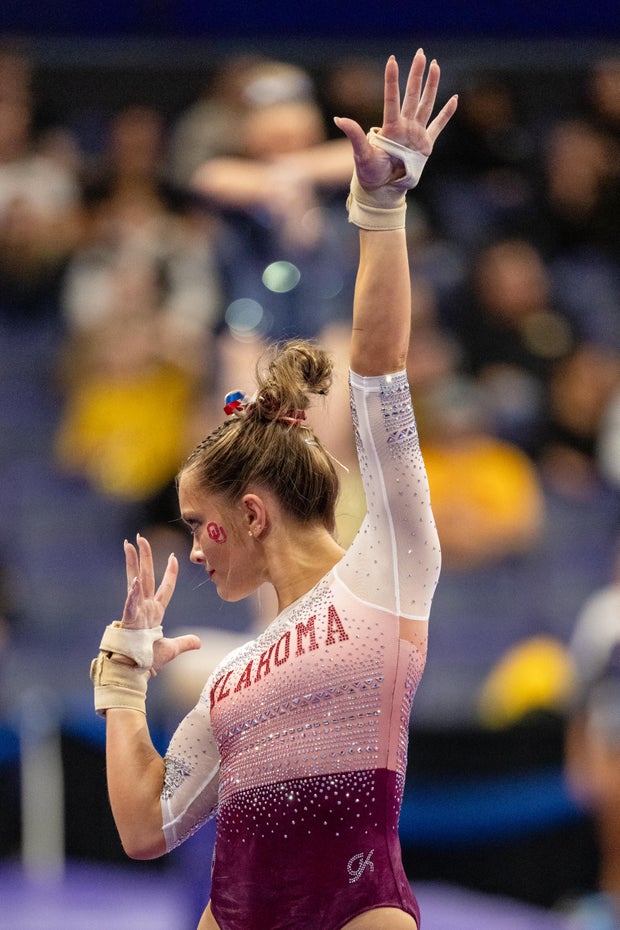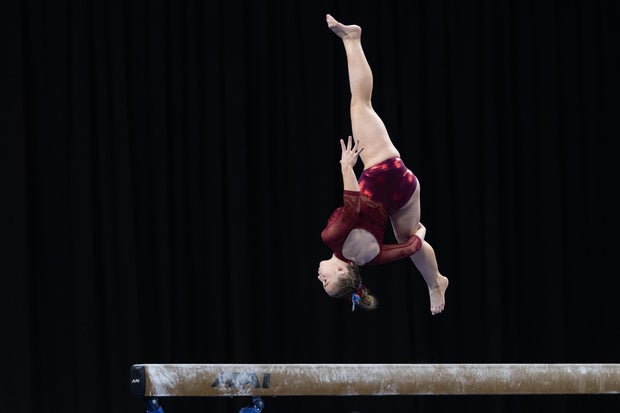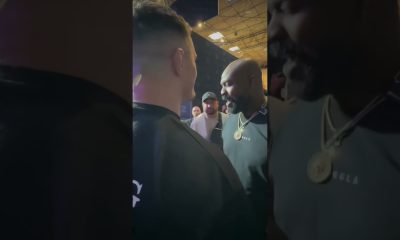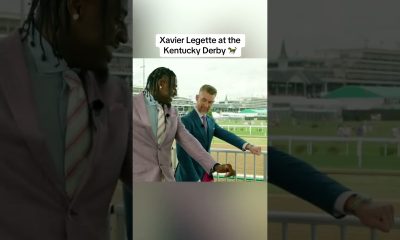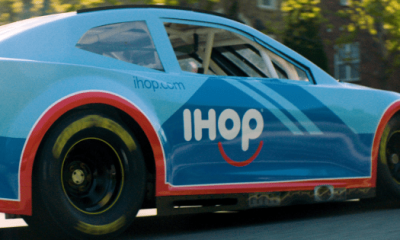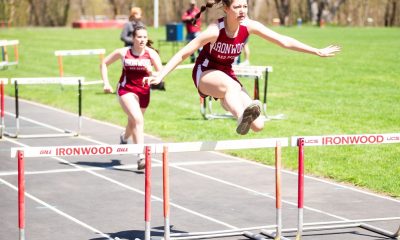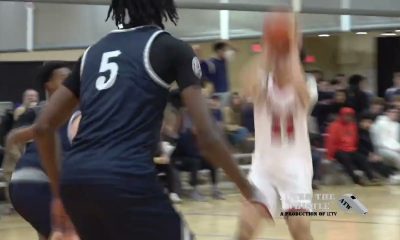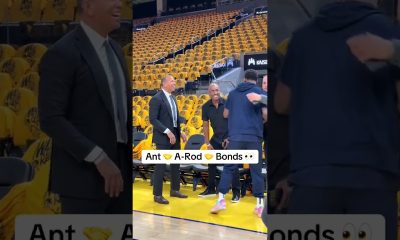FRISCO, Texas — The first thing everyone talks about when they talk about William Moore is just how intelligent he is.
His minor hockey head coach, Chris Stevenson, who coached him from age 7 to 15, and “4-foot-nothing to 6-foot-2,” talks of an “elite level piano player, an elite level violin player and an elite level hockey player.” He’ll tell the story, as others do, of the Little Mozarts International Competition he won by playing Chopin’s “Polonaise in G Minor” and of how he got to play the iconic Carnegie Hall in New York City at 10, skipping the famed Brick Tournament to perform.
He’ll also tell the story of the time Moore stopped one of his practices when he was 12 to inform him, “No, no, that’s not usually what you tell us to do.”
“He corrected me, and I was like ‘Yeah, you’re right, I’m wrong.’ And it just shows you how much he paid attention to all of the details,” Stevenson said.
His skills coach of the last few years, Josh Wrobel, says he’s never worked with someone his age who can flip a switch and go, “Am I talking to a 30-year-old right now?” He describes him as personable and wise beyond his years, but also able to act his age when he’s around his peers.
“With most guys, it’s one or the other and you’re that robotic guy or you’re messing around all the time. He can do both and he does them at appropriate times,” Wrobel said. “(And) he’s an undercover nerd. He really is. And I think that translates when we talk about this vague term of hockey IQ. When we do video and the way he processes the game, he really does get it. I’ve worked with a lot of guys where they say ‘yeah, yeah, yeah’ and it’s like ‘no, you’re not getting it.’ He really does process the game well, and I think being intelligent obviously helps. Really interesting kid.”
Mackenzie Braid, his longtime skating coach, usually doesn’t take on kids until they’re 13-15 because of how technical his work is, and how much time they have to spend, without pucks, standing around and listening.
He took Moore on when he was 9 because of how mature he was.
“From Day 1, he was dialed, he was engaged and he was willing to put the time in and the work in. That’s just how he was and it has never really strayed from that,” Braid said. “We’ve had the ability to work with a lot of high-end kids and the work we do is not the fun stuff and it takes special kids to continue to do it. A lot of times it’s their parents on Day 1 and then as they mature they get to make their own choices and it speaks a lot about William that he has stuck it out.”
Greg Moore, his head coach the last two years at USA Hockey’s NTDP, talks about him as an “impressive kid” who is a “highly intellectual, inquisitive, hockey junky.”
“He asks a lot of questions,” he said. “He’s a student of the game. And he learns quickly. He’s able to apply the things that we give him in his game right away.”
Moore’s proud to be smart, too. His parents were always “adamant on maintaining good grades and getting prepped early for school.”
“And it paid off,” he’ll tell you.
He’ll also tell you that he was an honors student all the way through public school and then online school at the program. Though online school is “a little different,” he also said, “I’m not going to take anything away from myself.”
“I was always a bright kid growing up and I think music helped with that,” he said.
He wants people to know that he’s more than just the smart kid, though.
He’s reluctant to talk about the hearing loss he had as a young child after a serious lymph node infection, too. It’s been taken out of proportion, he insists.
“It makes it seem like I was dealing with severe adversity when I don’t even remember it and I was like 2 or 3. I was deaf at some point but that got fixed pretty quickly,” he said.
These days, he just wants to be known as a hockey player — as a top prospect in the 2025 NHL Draft. NHL Central Scouting has him listed as their 29th-ranked North American skater in the class.
This week, he’s in Texas with Team USA for U18 Worlds. Through four games into the quarterfinals, he has registered six points (second on the team in scoring so far), 12 shots (fourth on the team) and has played 16:06 per game (third among forwards). He has also scored three goals, including a big one at the front of the net when USA trailed the Swedes 2-0, leading the charge in a come-from-behind win with a two-point, four-shot, plus-2 performance.
And the hockey player — a rangy, talented, smart center committed to Boston College — has plenty of potential for more.
The second thing people talk about when they talk about Moore is his parents. His mom, Vanusa, and dad, Patrick, bounced from Brazil and New York to Switzerland and then Pittsburgh before landing in Toronto and raising their son there after finding out they were pregnant while Patrick was on a one-year job placement.
“They had a pretty wild path,” Moore said.
Moore’s adviser, Eric Faion, calls Vanusa “more knowledgeable about hockey than anyone I know.”
“He’s just really, really driven and I would honestly credit that to his mom,” Stevenson said. “His mom expected the best from him and pushed him and got him whatever training he needed and the kid was so smart and determined that he always achieved excellence at anything that he did.”
Growing up, Moore said his parents had him try “every single sport.” He played tennis and lacrosse all the way through, but hockey was his passion. Vanusa did the long drives and early practices because he loved it.
In minor hockey, he always played up a year with Stevenson’s AAA Mississauga Senators. It didn’t click for him until “pretty late, honestly” that he could get to where he is, though.
When he first started with the Senators, Stevenson said Moore was a middle-of-the-pack player on his team. But Stevenson said he was “probably our best player” by peewee. That’s saying something, considering that team also had another player who was playing up a year: Michael Misa.
“They would kind of rotate back and forth between which one was better,” Stevenson said. “Will in the peewee season was probably the better player. His skill level was through the roof. Hands, edges, he always had it. I kind of just helped him into the learning the game aspect of things but he always had elite level skill. He always had a nose for the net. He was always clutch.”
That back and forth between the two continued all the way until their underage season in minor midget, according to Stevenson. That year, both Moore and Misa applied for exceptional status. Misa got it after a record-setting performance at the year-end OHL Cup put him over the edge. When Moore didn’t get it, joining the U.S. NTDP presented itself as an option and he returned to minor midget for a second year, joining the Toronto Marlboros before heading off to Plymouth, Mich., with USA Hockey when they were ready to welcome his 2007 age group.
“Mike edged me out,” he said, laughing and looking back. “If I did get it, it never would have opened my eyes to the NTDP but I’m always grateful that I was able to find this route through the U.S. and I’ve never looked back since.”
Last year, in his U17 year at the program, he led the team in goals with 23 in 50 games. This year, he has again been among their leading scorers, playing around a point per game.
Wrobel thinks that second year of minor midget was a disservice to him because it didn’t challenge him.
Playing at the program, on a team that doesn’t have its typical top-of-the-draft talent, has been good for him that way, according to Wrobel.
“He never really felt the grind, he never really had to go stand in front of the net and get some dirty goals. And we had this joke last year where he kind of turned into a bit of a skilled grinder where he couldn’t just dance through everybody at will like he did for two years of minor midget,” Wrobel said.
“I’ve been really encouraged with his willingness to go hunt pucks and work in the corner because it’s not just a skilled game. Something that I’ve talked to him about a lot is ‘When you do make that jump, what’s your B game? When it’s not a skilled game, if the game gets dirty and grimy, are you willing to play in that game as well?’ And that’s where I see a lot of kids that are just strictly skilled shy away. So I’ve been really encouraged with that willingness to get in the corners and get mucky and hunt pucks, and go to the net front, and go to the dirty areas that a lot of strictly skill guys aren’t willing to do. He’s at least showing flashes of that and for me it’s just the consistency of that.”
Greg Moore still thinks William can be more consistent in his compete. But he has made progress, and Moore has used him on the penalty kill this season because of it.
“You give him a game plan and he can execute that game plan, he can anticipate what happens next and he has a good stick. So he can cut off passes, he can cut off seams, and he can anticipate what’s going to happen next defensively, which is a huge skill of his,” he said. “Now he just needs to compete harder off of that consistently. He sees the ice really well. He can see things develop a step or two ahead of what a lot of people anticipate defensively. It makes his teammates better. And then he has a nose for the net, he’s got scoring touch, he gets to the crease, he can shoot the puck, and he has great instincts on how to score goals in different ways.”
William Moore describes his own game as about creativity first.
Late last year, when he felt a lot of pucks were slipping off his blade when he turned on his forehand, Wrobel encouraged him to switch from the flatter P88 curve he’d used his entire life to more of a toe curve. That has also made a huge difference in his stick handling and his shot — to the point where he wonders why he used his old blade in the first place.
“I love making plays, I love making my teammates better with my creative playmaking and I believe I have very high IQ and I see the ice very well. But I also have a scoring touch to my game and I love being around the net front,” he said.

(Rena Laverty / USA Hockey’s NTDP)
The third thing everyone talks about when they talk about Moore is just how much development he still has ahead of him.
That’s true in the gym and in his skating.
In the gym, he has worked hard at it in the offseason with his strength and conditioning coaches Andy O’Brien and Jason Martin. At the program, strength and conditioning coach Joe Meloni said he has put on 15-20 pounds in the last two years.
But “he really is like a string bean,” Wrobel said.
“It’s something he has worked on a lot. He will definitely grow into his frame,” Meloni said. “He’s strong but he’s just long and lanky. But you see it in games when he protects pucks, he has that functional strength on the ice. It’s just a matter of adding some body mass off the ice.”
NHL Central Scouting has him listed at 6-foot-2.25 but also a lean 175 pounds. Stevenson said he has always been that way: tall and lanky.
“But it’s coming,” Stevenson said. “And the crazy thing is that because of how elite his edges were nobody could knock him off the puck. So the more he fills out, that’s only going to make him better.”
The growth that’s still to come in his skating is intertwined with the muscle he’s working to add in the gym, too.
Braid said a lot of the taller, skinnier kids he works with “visually aren’t the best-looking skaters,” but that Moore has come a long way.
Last summer, Braid told him, “Hey man, all of the work that we’ve put in to the technique of it is starting to come along.”
“I know it can sometimes be a little bit ugly at times but not everyone’s the same kind of skater. His stride isn’t maybe his best asset but edge work-wise, he builds a lot of his speed and pull-away speed off of crossovers,” Braid said. “I don’t think he’s a bad skater by any means (and) as he physically matures and that muscle fills in, it’s just going to kind of continue to build and build. It’s a process that’s going to be never-ending. I don’t think in the long run skating is going to be something that hinders him but he’s never going to be the prettiest skater out there.”
Moore is happy with the way he has trended in the gym and in his skating, too.
“My issue with skating has always been my mass. My technique, I believe, is in a good spot thanks to (Braid) and it’s just developing power,” he said.
He’s stronger than he looks, too, Greg Moore argues.
“The one underappreciated skill of his is his puck protection and strength on his feet with the puck,” he said. “He can hold guys off under pressure to extend plays and if you are studying the best NHL players in the world, they can get into contact, protect the puck, separate themselves and make that next play better than anyone and he has that skill.”
But most importantly, there’s more to come.
“If he can start filling out that frame, I think we have a really dangerous player here,” Wrobel said.
(Top photo: Rena Laverty / USA Hockey’s NTDP)


